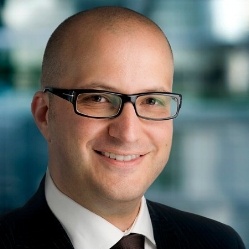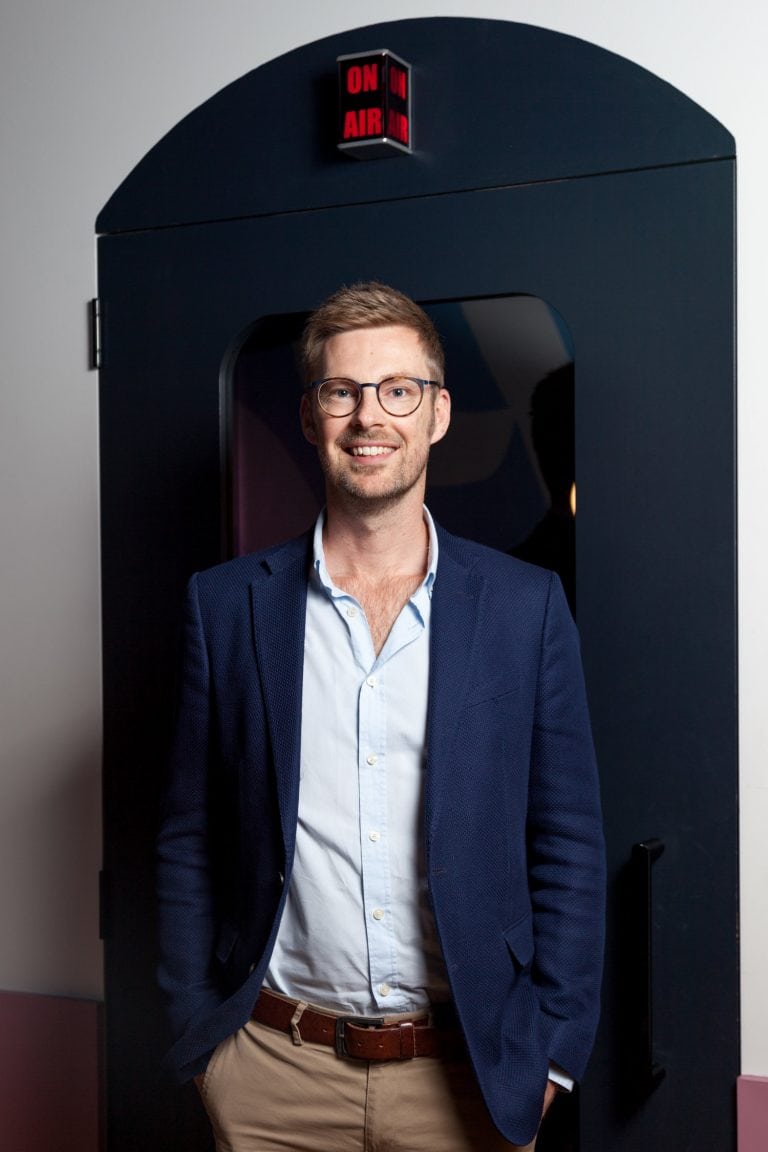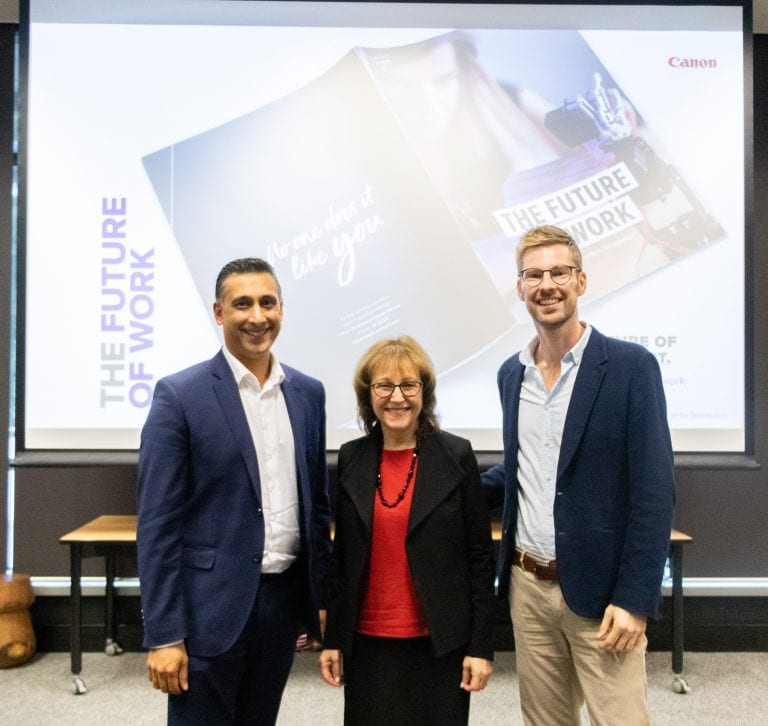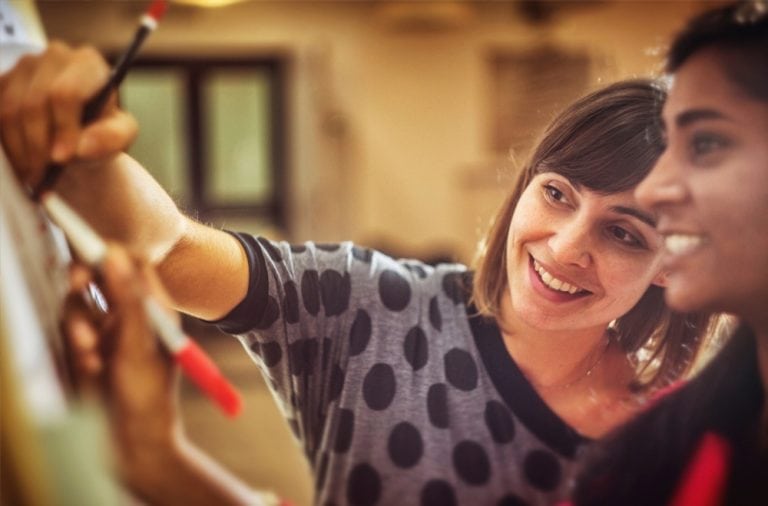Q&A with Andrew Colangelo
Andrew is the Director of Project Design Management at Mirvac. Change management is a huge part of his role, it’s a new function within the 45 years the business has existed. It has its challenges, but Andrew wouldn’t have it any other way.
He is setting things up based on first principles. Read what he has to say about his role and being a leader in the construction industry.
1. What’s the best part of your job? (what gives you the most meaning)
Product creation, design excellence and quality, ensuring that we drive the best outcomes for our projects and customers.
2. What project have you been involved in which has given you the most satisfaction, and why?
Every project I’ve worked on, I’ve got something from. It could be a hard project e.g. the UTS Building 10 at Ultimo. It had everything up against it – up against time, cost, technical, personalities, contractual relationships which drove difficult behaviours.
I was thrown into it and had to handle the pressure cooker environment. I’d sometimes go home and cry, it was so intense and adversarial. Though I’ve walked away with that experience thinking it was awesome because it was a challenge and a good opportunity to learn. It received a top professional accolade and jointly won The Sulman Award (from the Institute of Architects).
In terms of a design management role, Barangaroo was an iconic milestone project. 5.5 years of incredible work and challenge. You walk down the precinct, it’s alive, active and a great addition to Sydney, the product creation and legacy is rewarding. Interestingly 80% of the project efforts were put into the bottom levels of the building i.e. what people touch and feel, and 20% into the tower, which is the inverse of the lettable area.
3. What advice would you give ambitious employees in your business?
My philosophy is that you never stop learning. Be patient, open and take the opportunity to learn.
You can chase the immediate job offers but take a longer-term sustainable view of career progression. If you can deliver, naturally people will recognize this, and you’ll progress.
What’s more, being agile on projects and navigating your way through change is important. You also need discipline.
4. What’s been the biggest game-changer you’ve seen in the construction industry?
Technology.
The construction industry has been slow with technology uptake, but we’re on the threshold of automating many processes which are currently manual and using predictive technology. Regarding design, it’s taking out a manual function in the process. That is, undertaking a project with no drawings, using a 3D model and procuring, fabricating and assembly direct from the model, for all elements of the building process.
5. If you could change anything (with magic wand), what would it be?
A thick head of hair hahahaha 😉
In all seriousness, the industry is incredibly difficult, cut throat and demanding. If we can do things better and more efficiently to get a work-life balance, things would be great. I see a lot of human collateral damage. On some project’s workers have been known to work 36 hours straight, sleeping on the floor with their helmets. At the end of day construction is about logistics, labour, materials and keeping things safe. The more processes and work we can take off site, the better. It reduces risk and time. Everyone in the building process has a part to play and can influence what happens on site, including the decisions of the developer, the designers and cost planners and programmers.
6. How do you teach leadership skills?
Talk the talk and walk the walk. Do what you say and say what you do. Lead by example.
7. There’s a known talent shortage, how do you attract the best talent?
There’s no doubt that I think there’s a shortage of talent. All industries are changing, and the emergence of technology and different practices is leading to this shortage.
Design management didn’t exist 20 years ago, there was project management but not design. Clients are far more educated in design, so the industry responded to this by adding design managers to manage complex design relationships to produce quality outcomes. Though design managers are an amalgam from different disciplines, therefore you get a lot of variance and inconsistency, hence talent shortage.
The biggest skill that’s needed in design is lateral thinking. In accounting there’s certainty e.g. 1+1 = 2, but in design management it can be red, blue or yellow, circle, square or triangle or any combination of these. There isn’t one answer to a problem, only an optimal solution which balances the constraints and realities of the project. The talent pool of design managers is tiny when you’re looking for someone who’s technically solid, has good lateral thinking and is a nice person. Out of 100 there’s only five good ones.
To help with the talent shortage there needs to be better recognition at universities, professional organisations and the uniformity of the definition of design managers.
8. What’s your tips on keeping staff engaged and happy?
Most people care about what they do, having work that’s meaningful. Give people responsibility and try to understand what drives them. Continually provide them with info, communicate well and give context. Staff may not agree with a decision, but they have context, so it helps. 9 out of 10 this will keep staff engaged and happy.
9. How do you manage staff stress?
I talk to them and don’t assume anything. They can be under project related pressure or stress at home, for instance having a newborn baby. Listen carefully and put things into context. Never assume the solution. Once I was given a restaurant voucher as a reward for my hard work, but I found this more stressful because I had a young family. The reward which would’ve been more suitable (if I was asked) would have been a day spa voucher to give to my wife.
10. What do you enjoy doing on the weekend?
Family is important to me so spending time with them on the weekend is key. I also love cooking. One of my dream jobs is owning a café, cooking amazing food from where I grew up in Italy, so I try to do that on the weekend too.
Author: Rise team
To receive our complimentary newsletter and insightful tips, join us today.






